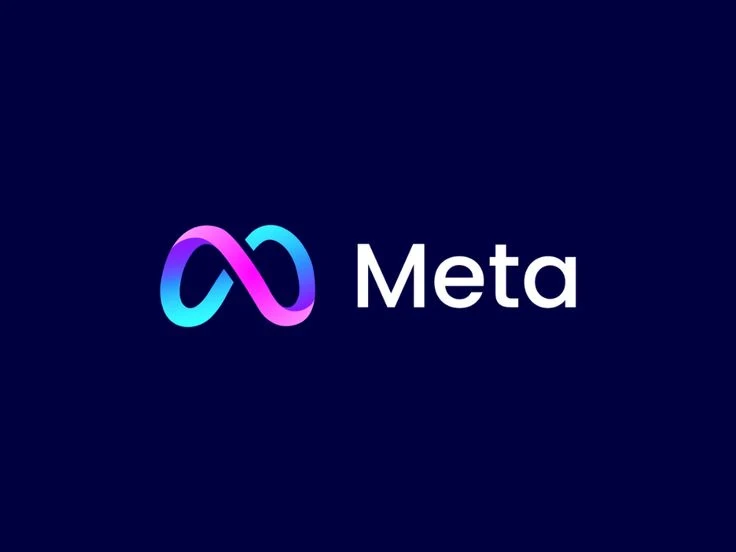Meta Logo
In recent developments impacting the tech industry, both Apple and Meta have announced their decisions to withhold upcoming AI models from European Union countries. This move comes amidst growing concerns and uncertainties surrounding EU regulatory frameworks.
Apple's Decision and Rationale
Apple, a leader in consumer electronics and software, made headlines last month when it declared its intention to delay the rollout of several AI features in EU markets. These features, including iPhone Mirroring and SharePlay Screen Sharing enhancements, were slated for release this fall. However, citing regulatory uncertainties arising from the Digital Markets Act, Apple expressed doubts about their feasibility in the current regulatory climate.
The Digital Markets Act, a legislative initiative aimed at regulating the behavior of large tech companies operating in the EU, has drawn significant attention and debate. It seeks to promote fair competition, protect consumer rights, and curb monopolistic practices in the digital sector. Apple's decision to postpone the launch of these AI features underscores the complexities and challenges posed by evolving regulatory landscapes.
Meta Follows Suit with Similar Concerns
Echoing Apple's stance, Meta, formerly Facebook, announced its own decision to withhold its next generation of AI models from EU markets. This includes the highly anticipated multimodal Llama model, which integrates advanced AI capabilities capable of processing video, audio, images, and text.
In a statement to Axios, Meta cited the unpredictable nature of the European regulatory environment as the primary factor behind its decision. The company emphasized the need for clearer regulatory guidelines before introducing these advanced AI technologies to EU consumers. Meta's move highlights the strategic considerations and risks associated with compliance and market expansion in diverse global regions.
Implications for Tech Giants and EU Market Dynamics
The European Union represents a critical market segment for tech giants like Apple and Meta, accounting for a significant portion of their global revenues. Apple's operations in Europe, spanning EU member states and other territories like the UK and Switzerland, are pivotal to its international business strategy. The decision to delay AI features in the EU underscores the strategic importance of regulatory compliance and managing legal risks in complex global markets.
Industry analysts and experts speculate on the broader implications of these decisions. The synchronized announcements by Apple and Meta suggest a unified response to regulatory uncertainties in the EU, aimed at influencing future regulatory developments. These moves also highlight the strategic alignment between tech companies in navigating regulatory challenges and market dynamics.
Challenges and Considerations in the Regulatory Landscape
Navigating regulatory landscapes, particularly in regions like the EU with stringent data privacy and consumer protection laws, presents significant challenges for tech companies. The Digital Markets Act, alongside other EU regulations, reflects ongoing efforts to balance innovation with regulatory oversight. These initiatives aim to foster a competitive digital economy while safeguarding consumer interests and promoting transparency in tech practices.
Consumer advocacy groups and regulatory bodies closely monitor developments in the tech industry, emphasizing the importance of fair competition and ethical use of AI technologies. The decisions by Apple and Meta to withhold AI models raise questions about access to cutting-edge technologies and consumer expectations in the EU market. Stakeholders continue to debate the potential impact on innovation, market dynamics, and regulatory frameworks governing digital services.
Shaping the Future of Tech Regulation
In conclusion, Apple and Meta's decisions to delay AI models in the EU reflect their responses to evolving regulatory landscapes and market dynamics. These actions underscore the complexities and strategic considerations faced by tech companies in navigating global markets. The outcome of these deliberations could shape the future of tech regulation, influencing how companies introduce and manage new technologies worldwide.
As regulatory frameworks continue to evolve, tech giants must balance innovation with compliance, addressing consumer expectations and regulatory requirements. The Digital Markets Act and similar initiatives highlight ongoing efforts to promote fair competition, protect consumer rights, and ensure ethical use of AI technologies. The tech industry remains at the forefront of debates over digital innovation, market competition, and regulatory oversight, shaping the future landscape of global tech ecosystems.

